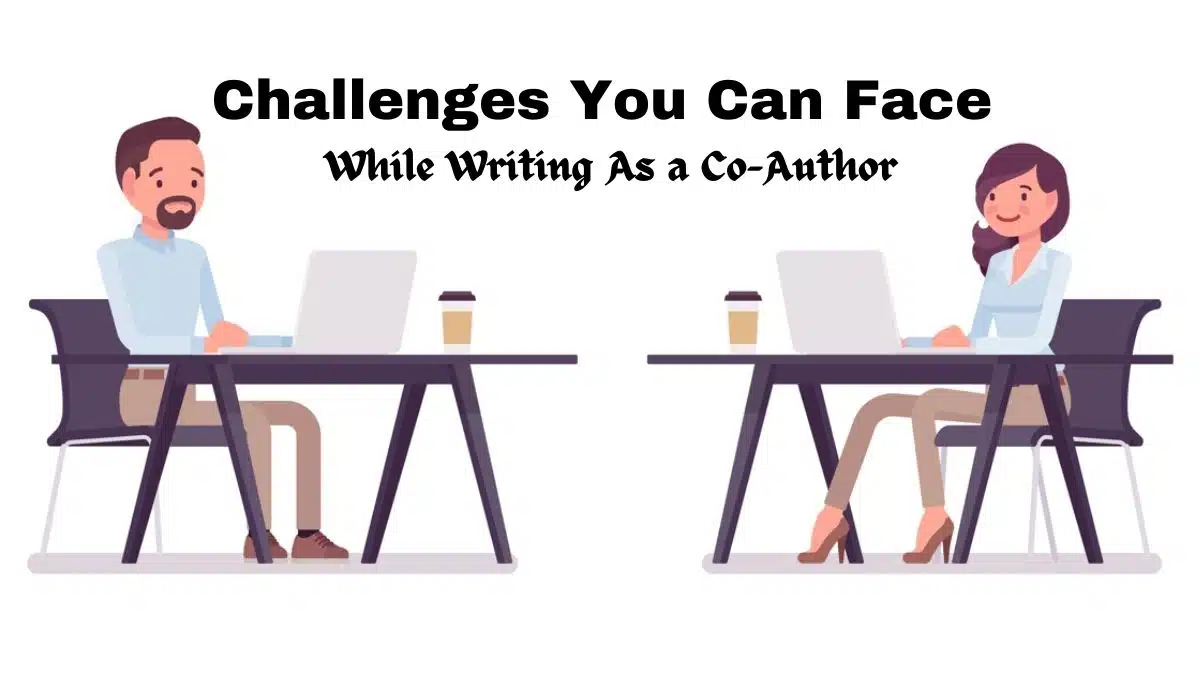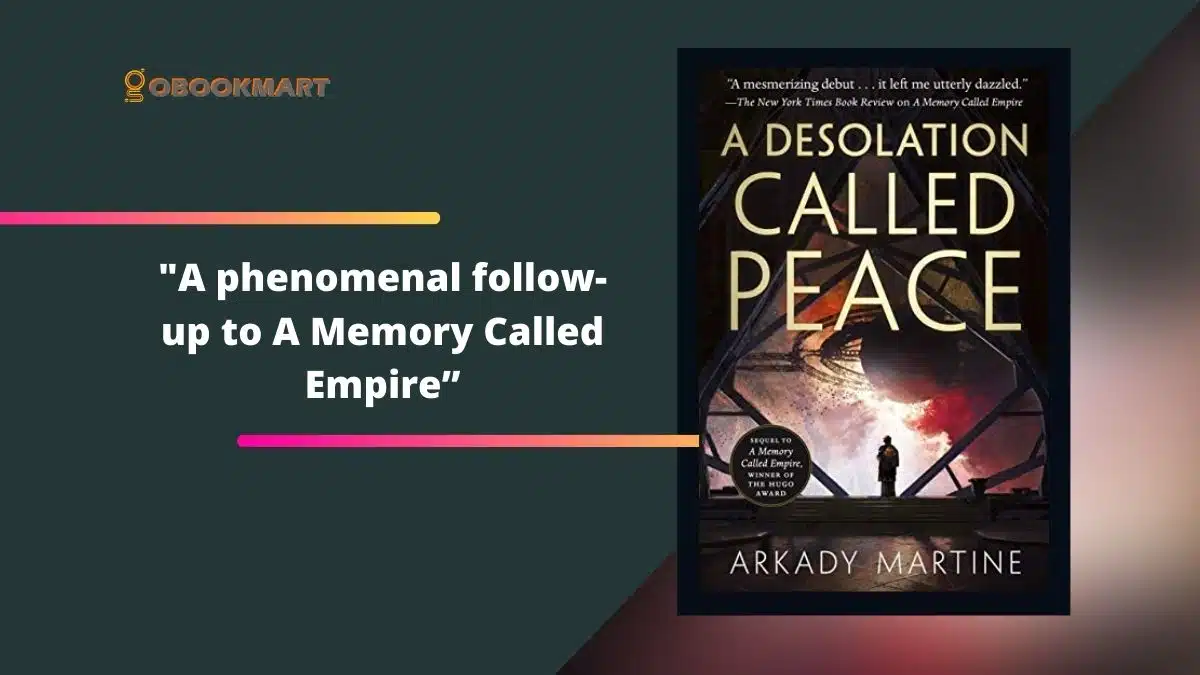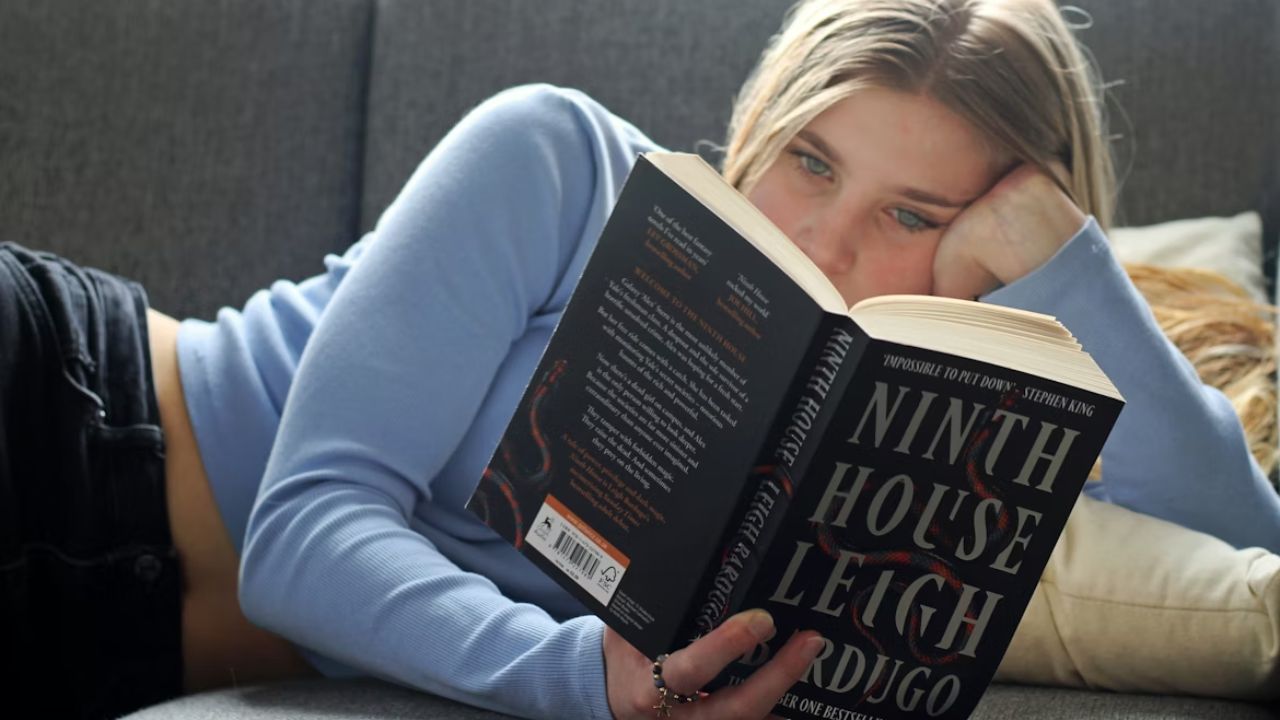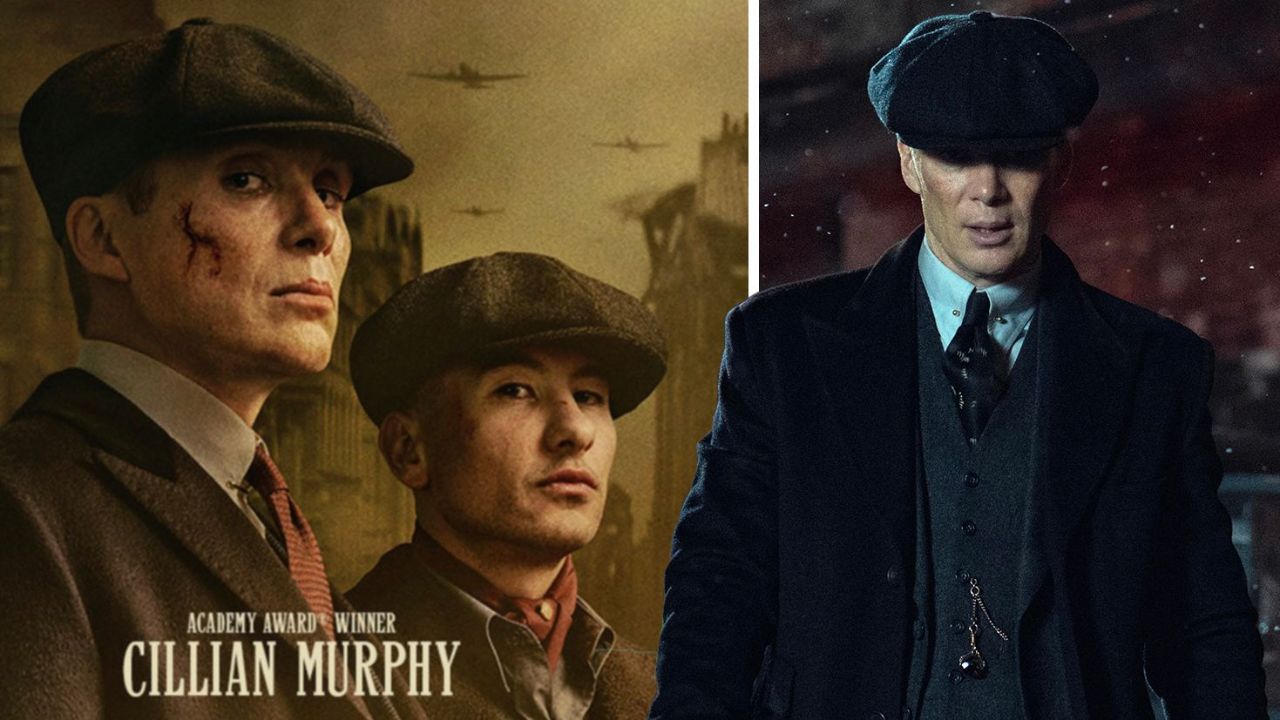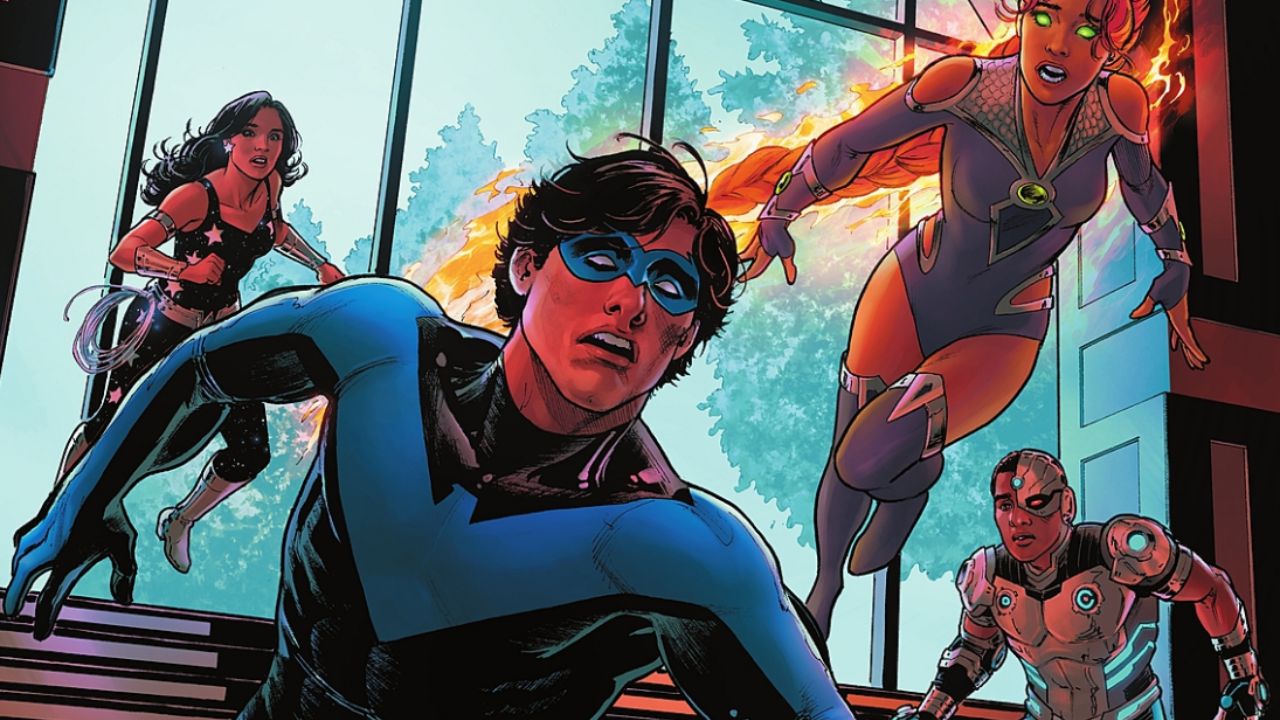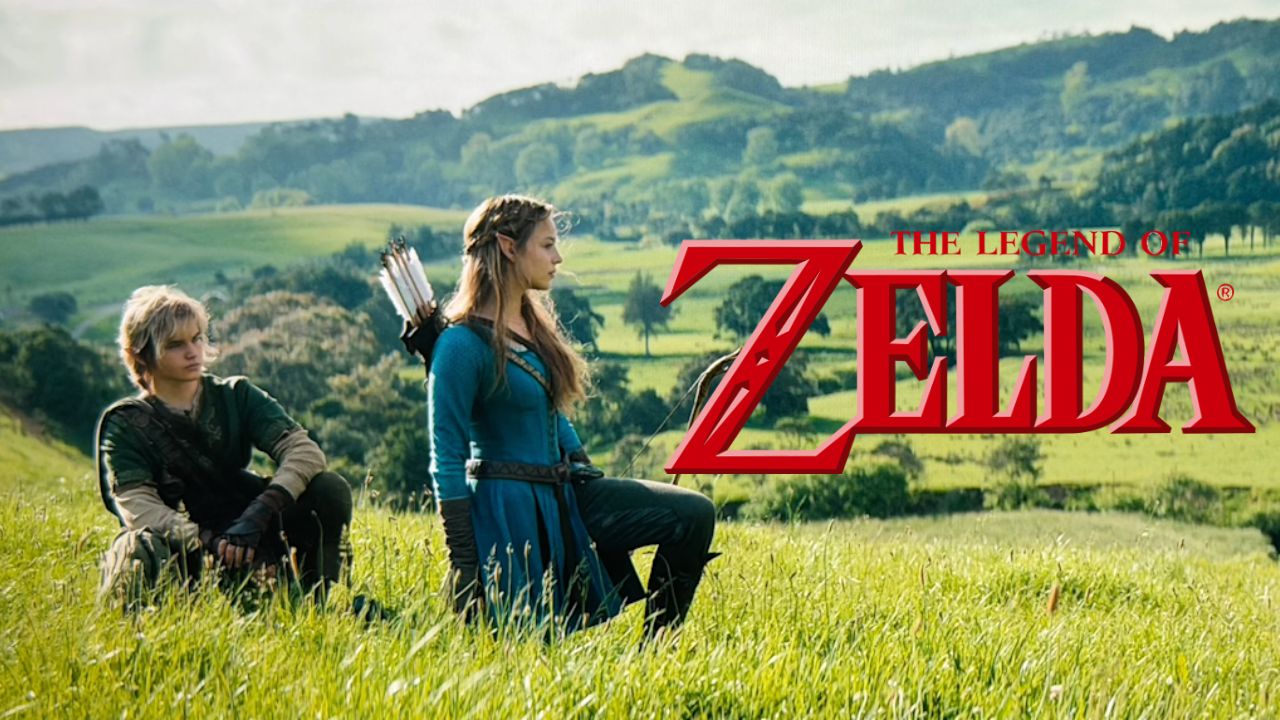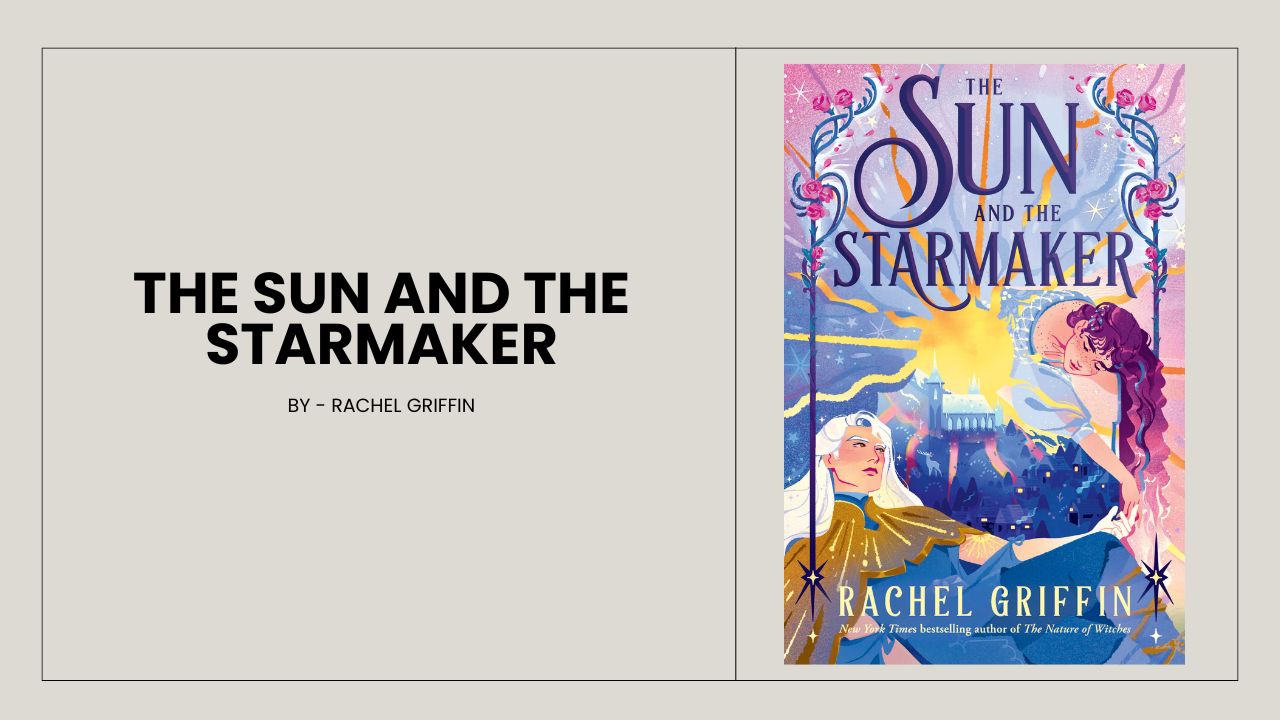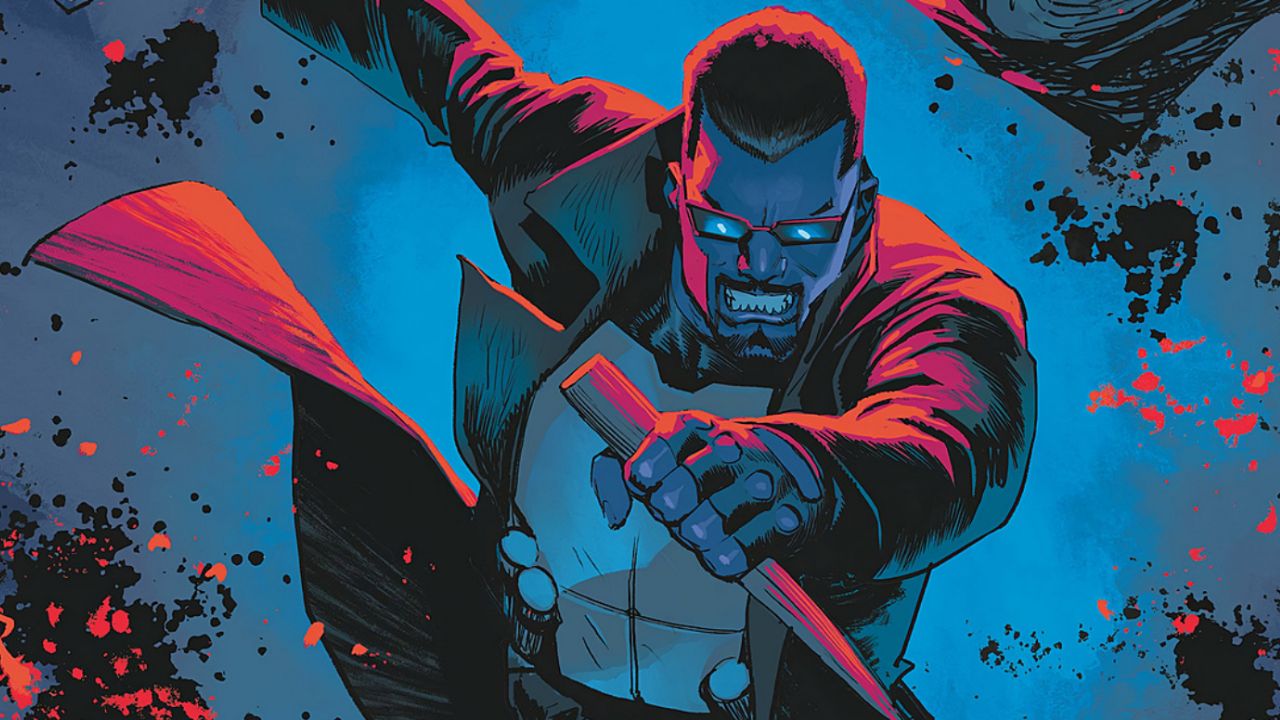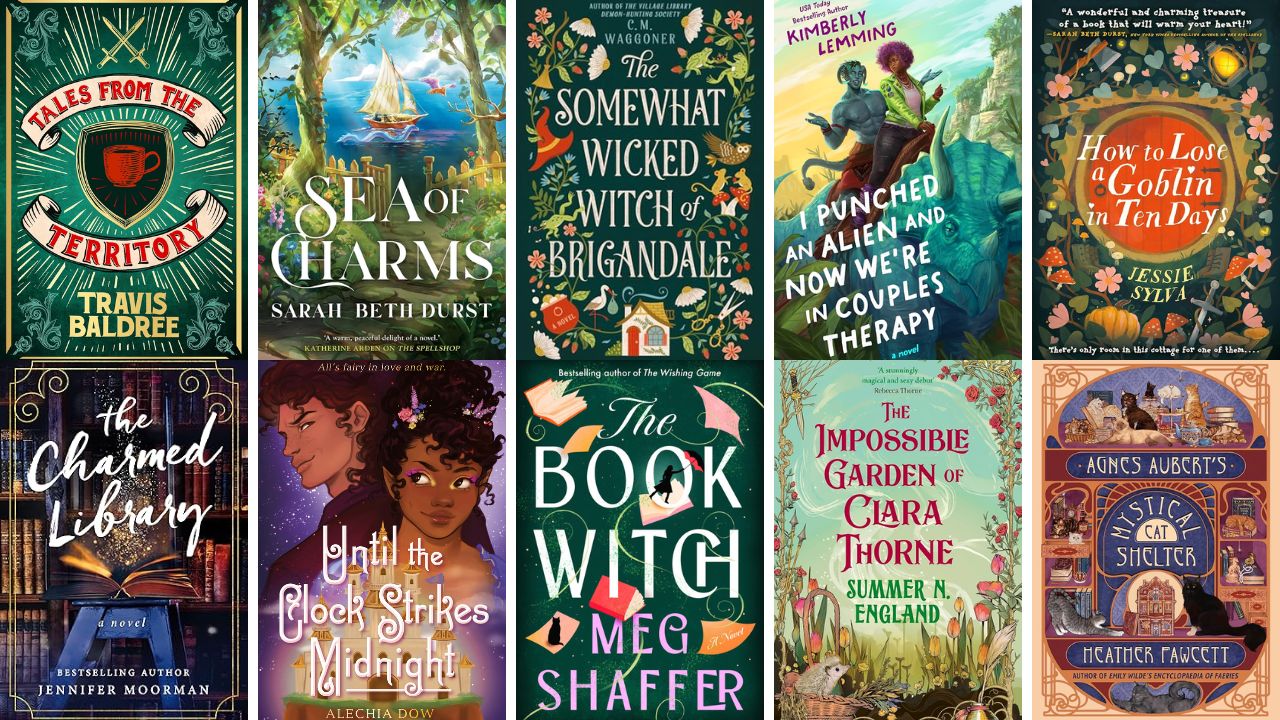Creative collaboration by means of co-authoring books is now a common practice. Shared responsibility, wider area of expertise and reach are all factors that contribute to the increasing commonality of it. However, co-authoring isn’t as easy as it sounds at all. Since writing is essentially a creative process, it is also highly individualistic and personal in nature. And to share it with someone and still do justice to your craft is difficult. Today, we’re discussing the biggest challenges you can face while writing as a co-author.
List of Challenges You Can Face While Writing As a Co-Author:
Differences in creative process

The first and most major challenge while co-authoring a book is that your writing process and methodology could vastly differ from your partner’s. As we touched on before, writing is inherently an individual task. It requires you to be true to your innermost creative energy. Some people take a lot of time to ruminate before writing while others just put pen to paper directly. Since the final product needs to be comprehensive and coherent as a whole, the co-authors’ writing processes and writing styles need to be compatible.
Time constraints
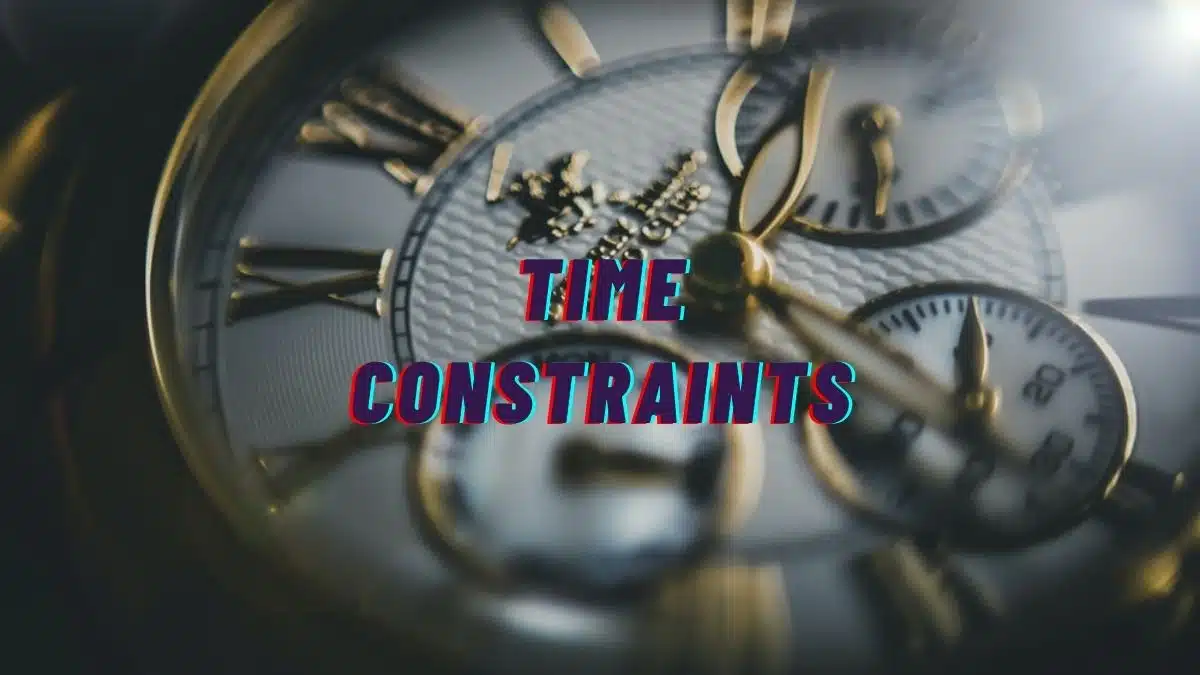
All writers have varying schedules and varying routines. A lot of this depends on success and popularity, but it’s also a very personal choice. Some authors write all day, some only for a few hours. Others have alternating periods of intense productivity and intense boredom. And then in case of unpublished authors, it’s likely that they would have a side business or part-time job as well. Hence if routines of co-authors don’t match, writing together as a team and collaborating becomes quite difficult.
Differences in opinions about content

One of the biggest factors that breaks even the strongest teams apart is ideological differences. It’s impossible to expect that no matter how similar your mindset is to your co-author’s that you will agree on everything. And if you can’t seem to agree and hold on to your own opinions, it causes a lot of unavoidable conflict. This will translate onto your book.
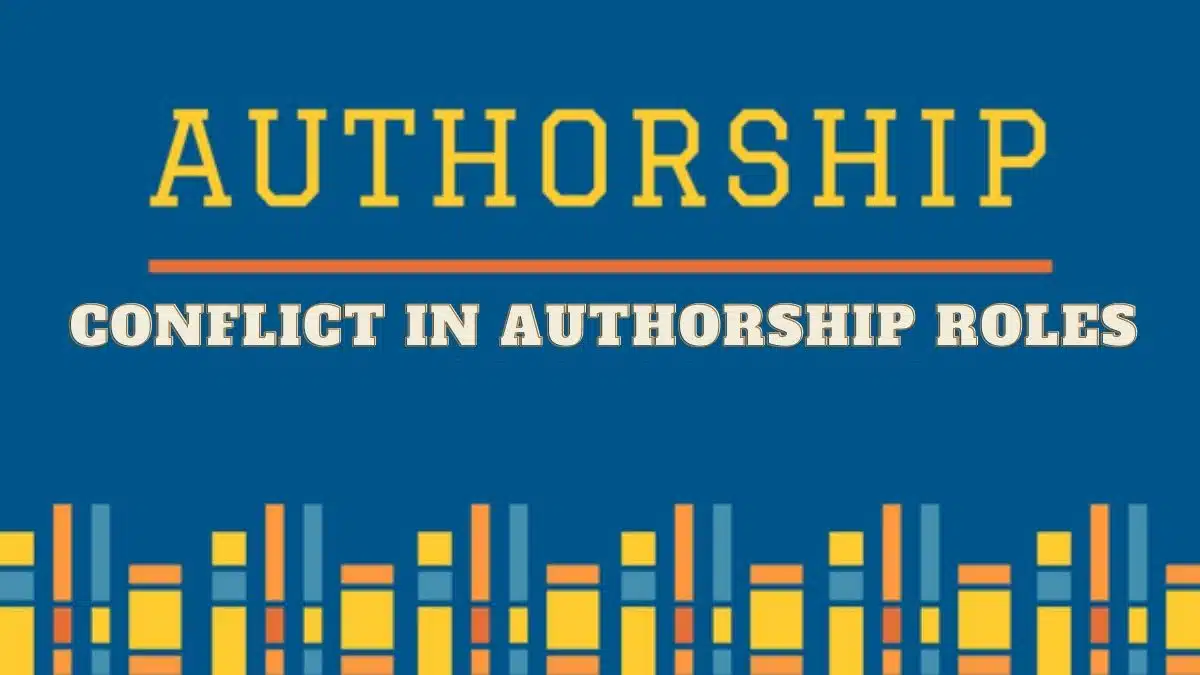
Ego hustles are a very important factor in maintaining successful teams. As a collaborating artist, it is very important to keep your ego aside and focus your energies on co-operating with your partner for a successful outcome. But it is also true that most artists have an ego, because they feel the need to remain faithful to their craft. This is problematic, because questions like who will be assume the primary role of authorship come into the picture. From things as simple as whose name will go first on the title become crucial, because that is the name most people will associate the book with.
Varied pace of writing
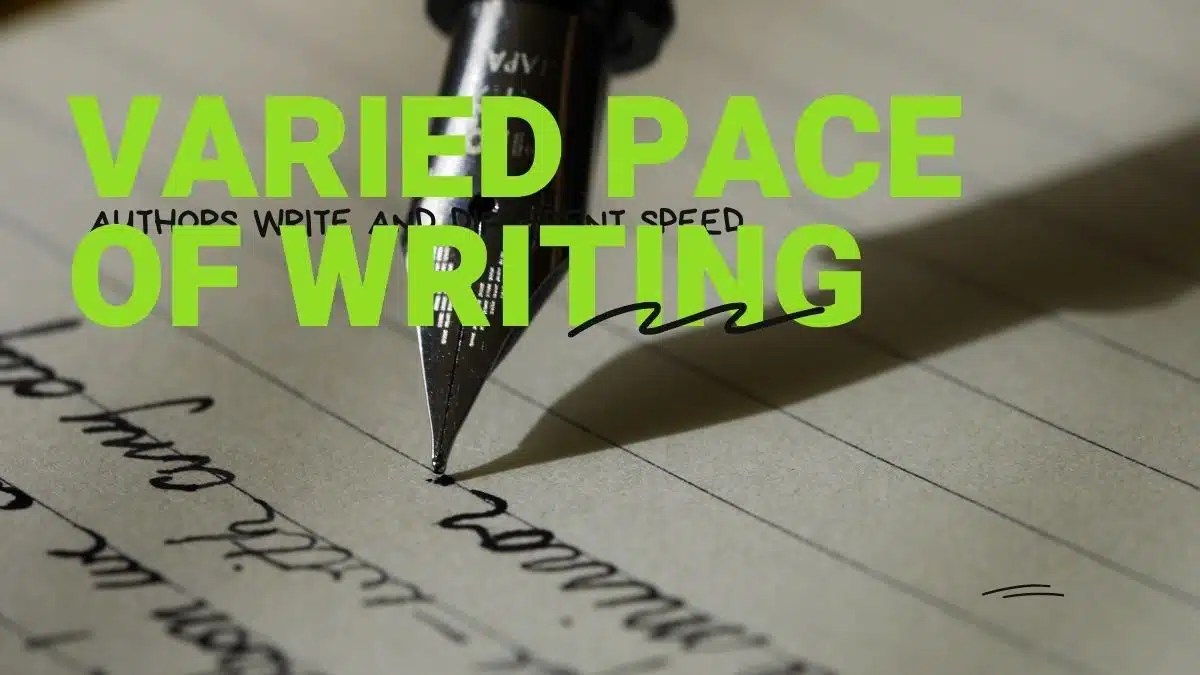
This is an aspect of differing writing processes, but it is so important that it deserves to be separate. If one of the authors is fast-paced and the other is slow-paced at writing, it can create significant amount of conflict. This is because there are always deadlines and submission dates to adhere to, and if your speed doesn’t match, then a blame game might start. This will disrupt the whole process.
Separate backgrounds and expertise
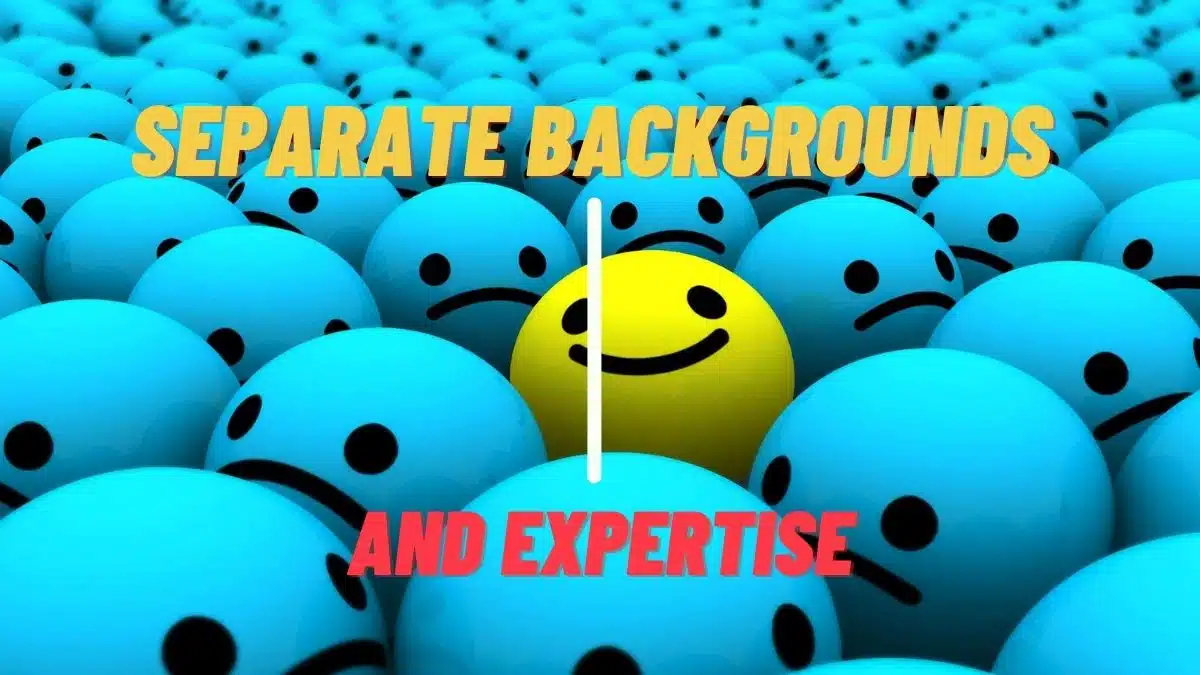
Creative collaboration takes place with the aim to bring two (or more) different and equally important things to the table. Hence, ideally the area of expertise of you and your partner should be complementary. However, that could also lead to a lot of potential clashes for several reasons. Firstly, you might be resistant to the person’s opinions and critiques because you might dismiss them as ignorant. Secondly, you could end up focusing on totally different things that seem to have no connection to each other, making the book incoherent. Lastly, if there is no balance or point of commonality between the co-authors, the novel could devolve into a loose and artificial stack of words.
Different writing styles
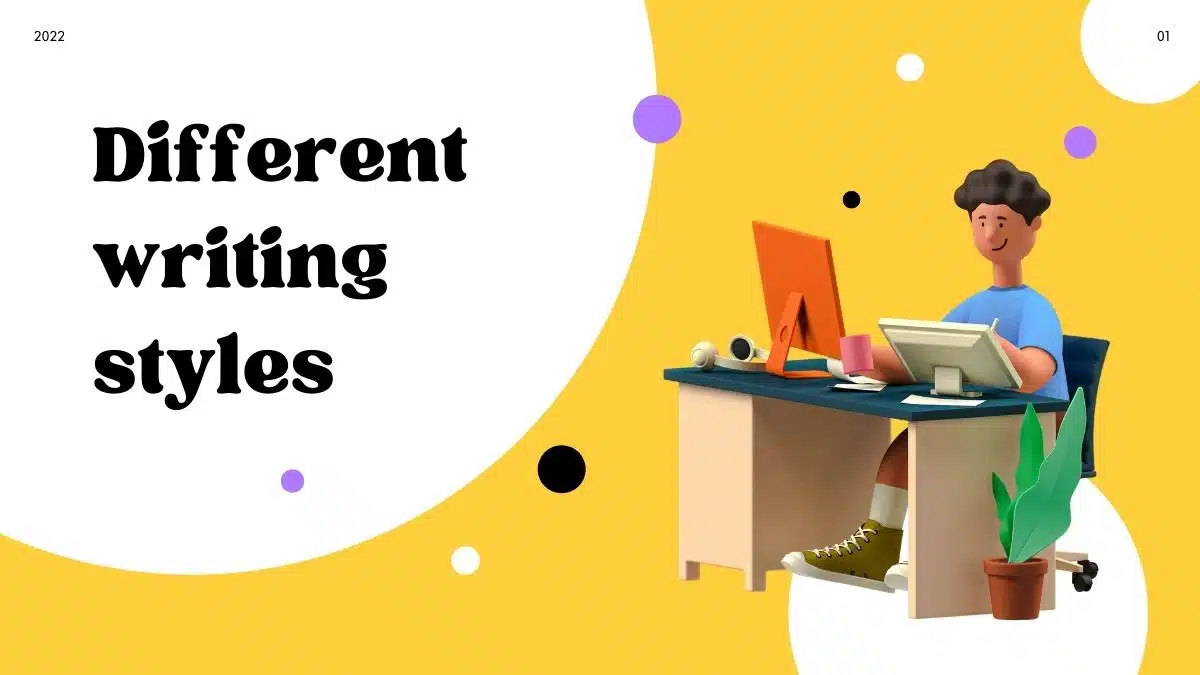
A major concern that you must be aware of before deciding to co-author with someone is how your writing style fits in with theirs. A lot of the time, an author has his/her personal style which is like a trademark to identify the author. He/she also has his/her own voice, which is entirely unique to him/her. In this case, if your writing styles are a world apart, then the ultimate book will fall apart. The writing will feel patchy and non-uniform which is most readers’ biggest pet peeve. Hence, it’s important that the book is readable, and your writing styles are similar, if not the same. Either that, or you must find a way to split the work in a different, more feasible way.
Interference in communication
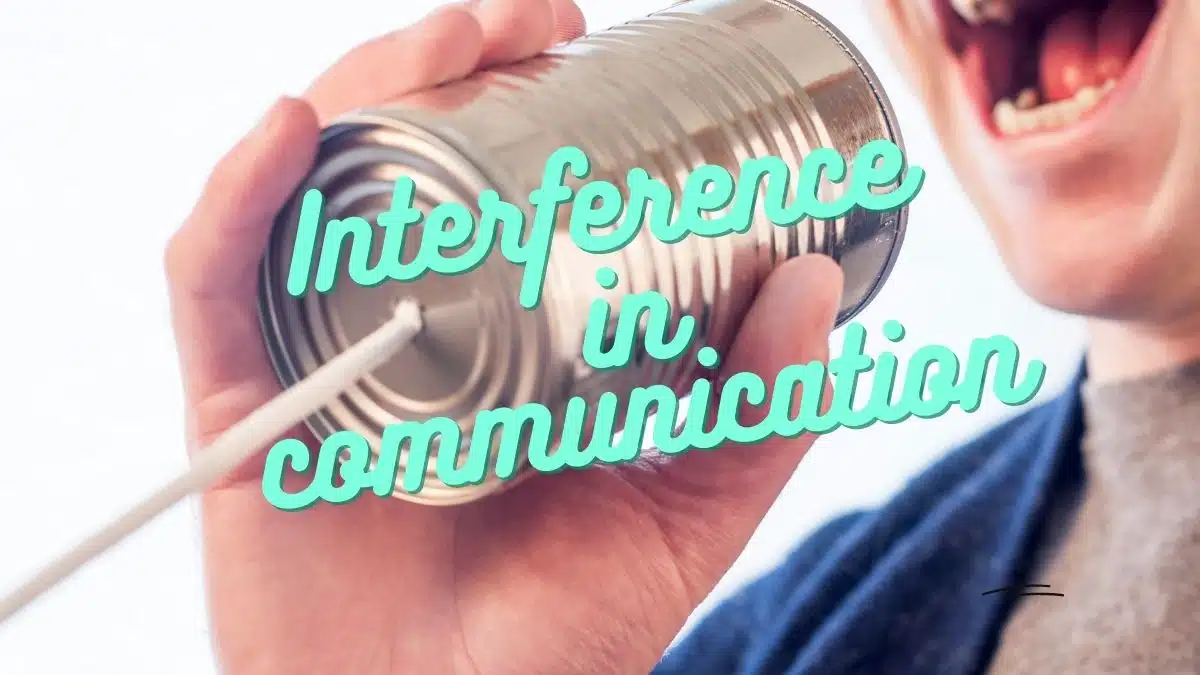
Communication is an integral part of any collaboration, and especially in the case of writing, because writing is also a form of communication. To jointly communicate an idea to a large audience, it’s crucial to agree on it in the first place and to have full clarity on it. If you have different ideas about what the same thing means, not only will there be discord between you and your partner but also you will be ineffective in communicating it to your readers. Plus, your book will not be impactful at all.
Also Read: India Needs Graphic Novels And Superheroes Centered Around Indian Mythology?

